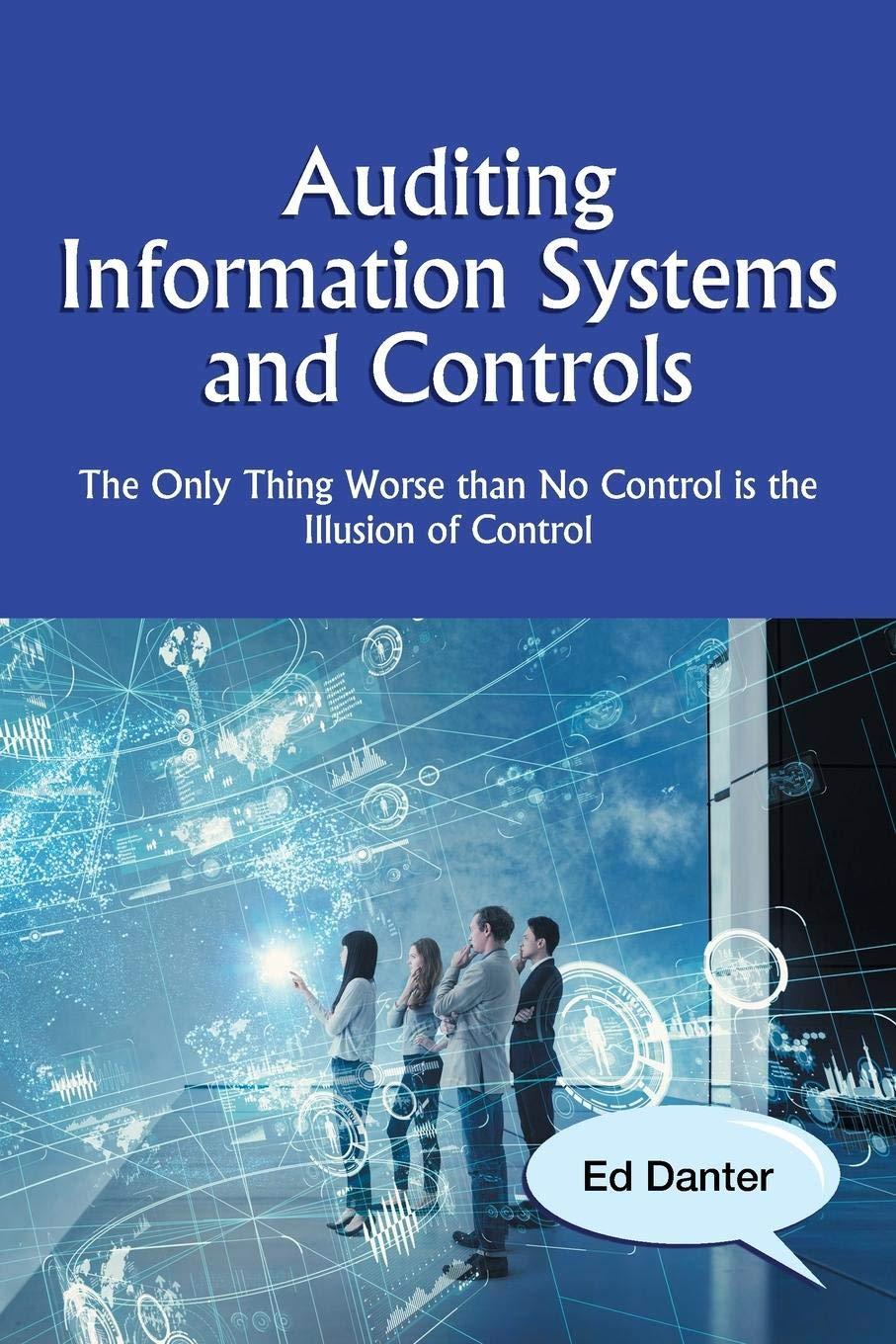






Items 1 through 5 present various independent factual situations an auditor might encounter in conducting an audit of a nonpublic company. For each situation, assume: - The auditor is independent. - The auditor previously expressed an unmodified opinion on the prior year's financial statements. - The nonpublic audit client is presenting single-year (not comparative) financial statements. - The conditions for an unmodified opinion exist unless contradicted in the factual situations. - The conditions stated in the factual situations are material. - No report modifications are to be made except in response to the factual situation. - The Report Alteration part of the problem only addresses the need to add an additional section or a paragraph to an existing section. Other parts of the audit report may be affected that are not examined in this question. Required: Below are the types of opinions the auditor ordinarily would issue and report modifications (if any) relating to an additional paragraph or section that would be necessary. Select as the best answer for each situation (items 1 through 5) the type of opinion and alterations, if any, the auditor would normally select. For each situation (items 1 through 5) also provide the report alteration under PCAOB standards for audits of public companies. An entity discloses certain lease obligations in the notes to the financial statements. The auditor believes that the failure to capitalize these leases is a departure from generally accepted accounting principles and, although the possible effects on the financial statements of the misstatements are material, they could not be pervasive. An entity discloses certain lease obligations in the notes to the financial statements. The auditor believes that the failure to capitalize these leases is a departure from generally accepted accounting principles and, although the possible effects on the financial statements of the misstatements are material, they could not be pervasive. An entity discloses certain lease obligations in the notes to the financial statements. The auditor believes that the failure to capitalize these leases is a departure from generally accepted accounting principles and, although the possible effects on the financial statements of the misstatements are material, they could not be pervasive. An entity discloses certain lease obligations in the notes to the financial statements. The auditor believes that the failure to capitalize these leases is a departure from generally accepted accounting principles and, although the possible effects on the financial statements of the misstatements are material, they could not be pervasive. An entity discloses certain lease obligations in the notes to the financial statements. The auditor believes that the failure to capitalize these leases is a departure from generally accepted accounting principles and, although the possible effects on the financial statements of the misstatements are material, they could not be pervasive. An entity discloses certain lease obligations in the notes to the financial statements. The auditor believes that the failure to capitalize these leases is a departure from generally accepted accounting principles and, although the possible effects on the financial statements of the misstatements are material, they could not be pervasive













